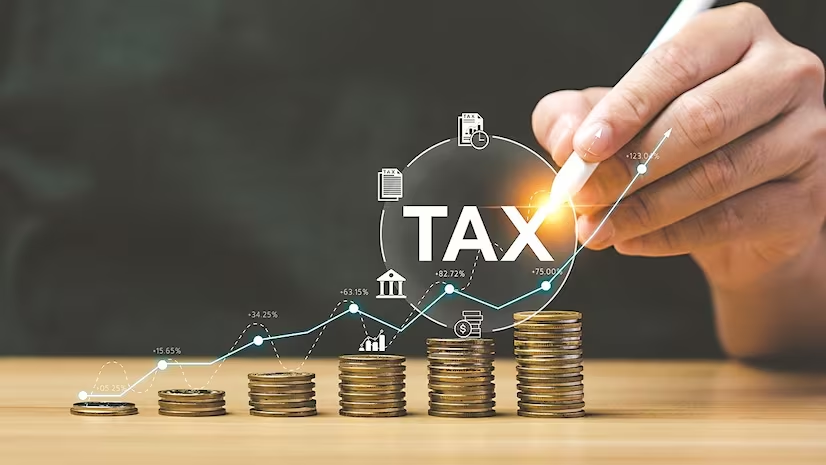PTBP Web Desk
Finance Minister Muhammad Aurangzeb conducted a comprehensive review of the Federal Board of Revenue’s (FBR) digitisation project on Wednesday, highlighting the government’s commitment to modernizing the country’s tax system. The meeting, organized by the Project Steering Committee of the Tax System Digitization Project, was held at the FBR headquarters.
Senior officials, including Chairman FBR Rashid Mahmood Langrial, members of the Board, and the Project Steering Committee, attended the meeting. The session focused on evaluating the progress of FBR’s ongoing digitisation initiatives aimed at enhancing revenue collection and streamlining taxpayer services.
During the meeting, the Finance Minister was briefed on the overall digitisation process of the FBR. Sources confirmed that significant progress had been made in sharing data among key stakeholders. This data-sharing initiative is central to creating high-quality information that can identify non-filers and those evading taxes.
Chairman FBR Rashid Mahmood Langrial emphasized the importance of leveraging technology to maximize revenue. He assured the committee that the Revenue Division is committed to implementing advanced software solutions and data automation systems to improve efficiency and transparency.
A critical point of discussion was the integration of existing FBR systems with new digital platforms. The Finance Minister stressed the importance of deploying state-of-the-art technologies to modernize the tax agency. He highlighted that integrating systems will not only improve operational efficiency but also support the FBR in achieving its future revenue targets.
The committee agreed on the need to develop a robust mechanism for real-time data sharing among major stakeholders. Such a system will help in identifying potential taxpayers, thereby contributing to a broader and more inclusive tax base.
The meeting underscored the role of technological interventions in fostering a more formalized and documented economy. Automation and digitisation are expected to enhance transparency, reduce tax evasion, and support sustained economic growth in Pakistan. By adopting modern tax management tools, the FBR aims to streamline processes, making it easier for taxpayers to comply with regulations.
Chairman FBR also urged committee members to provide practical recommendations to ensure that the digitisation project achieves its intended outcomes. The Finance Minister echoed these sentiments, emphasizing that technological innovation and data-driven strategies are essential for Pakistan’s economic development.
A significant component of the FBR digitisation project is its potential to broaden the tax base. By using advanced analytics and integrated systems, the FBR can identify untapped sectors and individuals who have so far avoided formal taxation. The Finance Minister highlighted that expanding the tax base is critical for enhancing revenue collection without increasing the tax burden on existing taxpayers.
The meeting further discussed the importance of training and capacity-building within the FBR. As new systems are deployed, personnel must be adequately prepared to manage digital platforms and leverage automation tools efficiently.
The Finance Minister reaffirmed the government’s commitment to a sustainable revenue collection system. By embracing digitalisation and automation, Pakistan can achieve greater efficiency, transparency, and compliance in taxation. Such measures are crucial for creating a stable economic environment and supporting national development goals.
The FBR plans to accelerate the implementation of its digitisation project, ensuring that all systems are integrated and operational. Real-time data sharing among stakeholders will be prioritized to identify potential taxpayers more effectively. The Finance Minister concluded that these initiatives will contribute to a more formalized economy, improve tax compliance, and ultimately strengthen Pakistan’s fiscal position.



